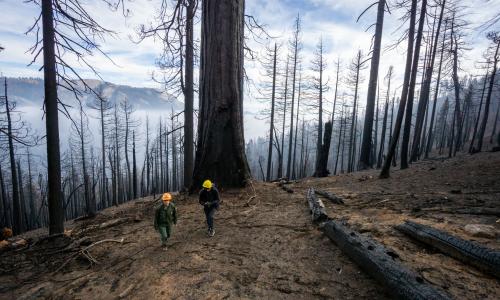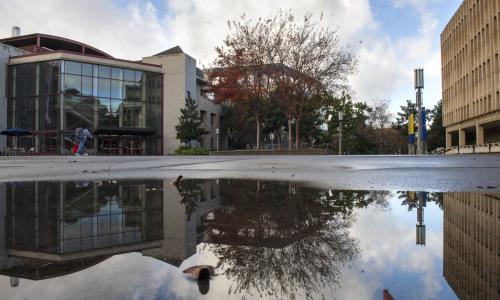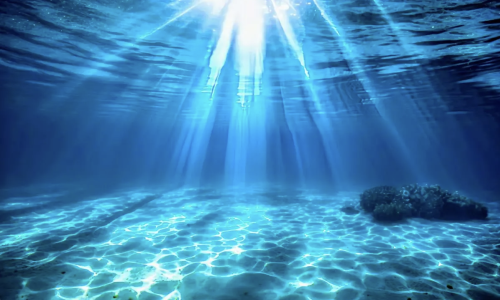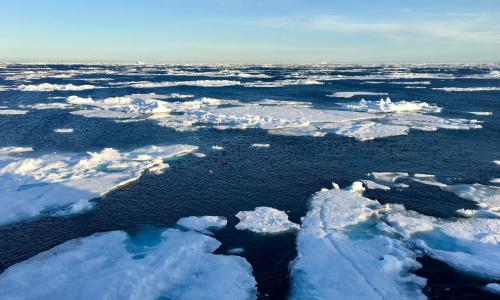The UC Irvine undergraduate defines her future as a UCDC intern.
newspage
CLIMATE CHANGE IS OVERHAULING MARINE NUTRIENT CYCLES, UC IRVINE SCIENTISTS SAY
The research is the first field-based confirmation of such climate impacts
Dec 6, 2024
Anteaters in Air Force ROTC are among elite few selected for pilot training after graduation.
Dec 2, 2024
The group aims to empower local Native American tribes as it fundamentally reimagines how science happens.
Nov 25, 2024
The fellows are learning to tell the stories of discovery happening at the UC Irvine School of Physical Sciences.
Nov 20, 2024
Professor Brett Walker studies the marine carbon cycle and marine biogeochemistry.
Nov 18, 2024
More state forests are vulnerable to wildfire due to climate change.
Nov 15, 2024
The U.S. Department of Education award supports graduate students with excellent academic records and demonstrated federal financial need.
Nov 13, 2024
Edison STEM Transfer Scholar uses their education to unearth the timeline of climate change.
Oct 23, 2024
New coverage of research from UC Irvine's Professor Brett Walker.
Oct 17, 2024
Marine bacteria could store carbon long-term as complex organic molecules.
Oct 10, 2024
Qualified recipients will receive $90,000 over three years at UC Irvine School of Law.
Sep 26, 2024
The fellows are studying everything from quantum science to climate change.












